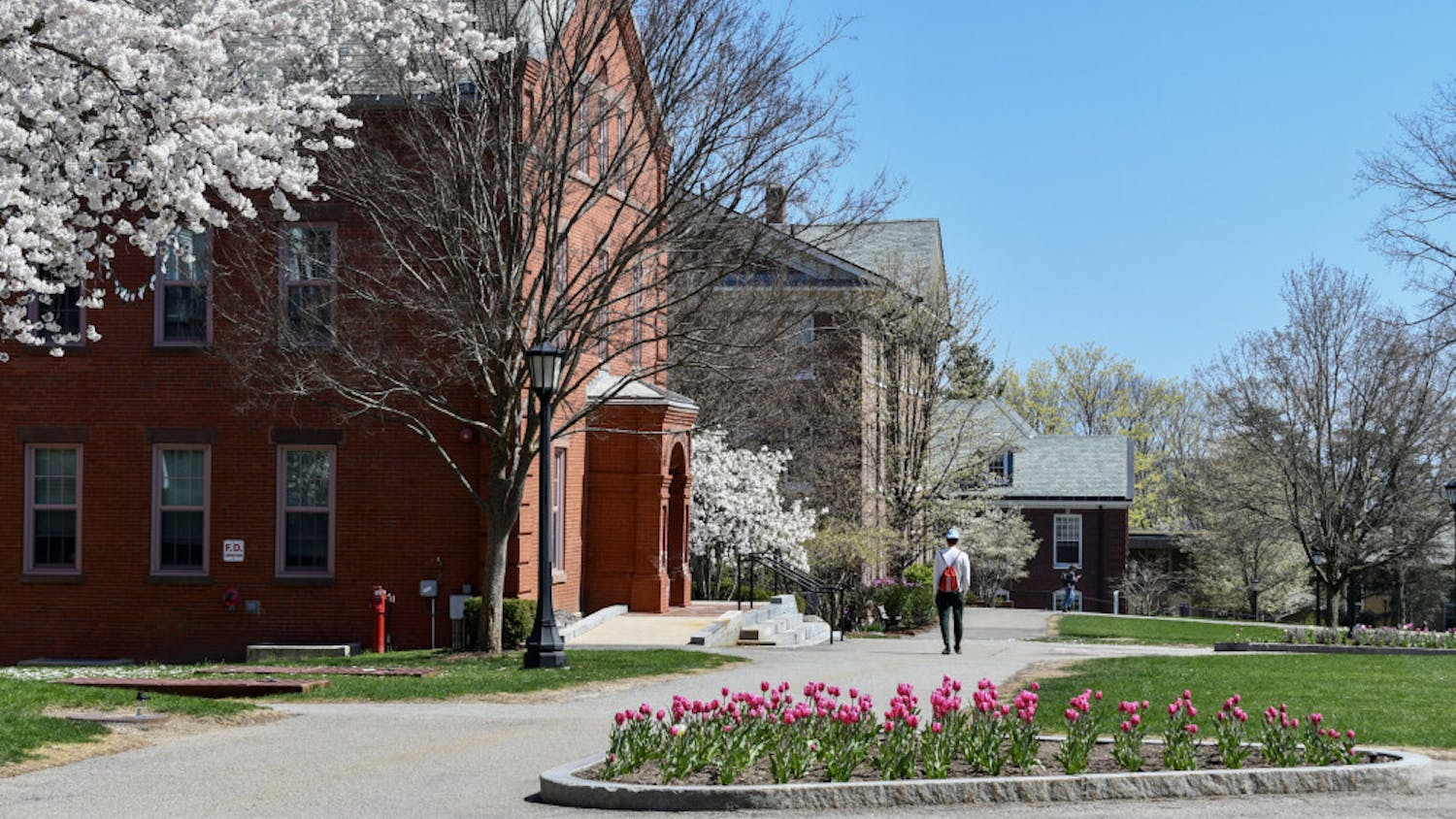The Tufts Summer Street Data Center (TSSDC), an independent, secondary data center location that complements Tufts' primary data center located in the Tufts Administration Building (TAB), is currently undergoing expansion. Five new racks of services, which are used to store equipment and servers, are to be added to the existing 10 racks at the center, according to Associate Director of Telephony and Operations at University Information Technology (UIT) Kyle Pope.
"It will increase the amount of services that we can run in a more reliable, redundant way," Pope said. "So, for example, the new [Student Information System] is going to be available there, which is a much higher?quality data center than we can build on campus."
Philip Pascale, UIT associate director of network services, explained that the new racks will help reduce issues of overflow and fulfill needs for additional space.
Pope noted that the amount of services at the TSSDC should be sufficient and that there are no current plans for further growth.
"We've expanded our lease, and we'll be taking occupancy of that by the end of this month," he said.
The space for the TSSDC was leased from the Markley Group's Boston Data Center last summer, according to Pope. The TSSDC was originally created to expand the footprint of UIT and create location independence, he added. Network connections between the Medford/Somerville, Boston and Grafton campuses come through the TSSDC, creating additional levels of reliability.
Location independence will allow services to continue if anything happens at either the TSSDC location or at the TAB data center, according to Pope. Pascale noted that the distance between the two data centers may be helpful in the case of a disaster.
"For example, the one in Boston has multiple power points of entry, so they've got multiple utilities that provide power to them, multiple levels of cooling, multiple uninterruptable power," Pope said. "So by using space there, that allows us to take the highest value applications and services on campus and make sure that they're well protected and the community is well served by those."
Pope explained that in the past UIT had a disaster recovery solution that dealt more with figuring out how to quickly get the services working again if something were to happen.
"We're working to prevent any outages or interruptions of service rather than responding to them to get them back up and running after a failure, and that's really the core of the location independence," Pope said.
Pope also noted that since the Markley Group's Boston Data Center hosts many Internet service providers, there are additional opportunities available, including the development of voice?over Internet Protocol for making telephone calls.
"We've been very happy there, and we think that this really is an improvement to moving towards business continuity and preventing problems rather than responding to them," he said.





